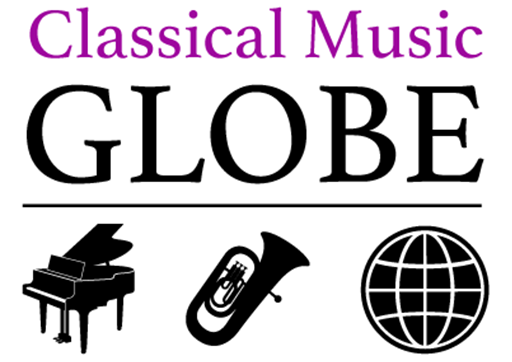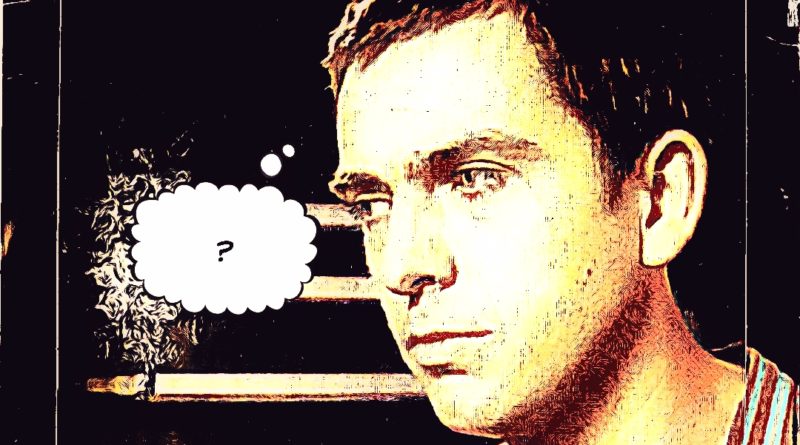Famous Quotes Vol. 7: May 2020
Jim Sullivan looks back on a career of epic interviews in the latest installment of his inquisitive column

It’s the seventh edition of Famous Quotes: A little quiz where the basic question is: Who said this?
It’s a deep dive into my archives of published and non-published archives, quotes culled from 40+ years of yakking with rock ‘n’ rollers of all stripes – on the phone, in a bar, backstage.
1. The former singer and frontman of a huge, theatrically inclined prog-rock band, he took a big risk, jumping ship to go solo and, in 1980, told me about what he was trying to do with songwriting now. “More personal, more emotional, less based on instrumental arrangement and more on songs,” he said, on the phone. He’d dumped the theatrics and props, saying, “It was important particularly having left [that band], because people initially knew me for that and some who hadn’t particularly been into the band had seen me, perhaps, as a glorified clotheshorse. I thought I should just try and change. To get my songwriting and music taken seriously, I should start again, very simply, and try to achieve things with a minimum of extraneous devices.”
2. It was 1987 and the singer/guitar slinger was eight months sober. “It’s going to take me the rest of my life,” the blues-rocker told me on the phone. “The whole deal is to work out the problems that I have in my mind, work out all the things I was denying myself to feel, not being able to look honestly at my character defects. Not that I’m a defective character, but I do have many character defects, many things that I need to face and work out. What forced me to stop, was I collapsed from exhaustion. I could not keep going. Emotionally, I was collapsed; I was spiritually bankrupt; my mind was blown, shot. I fell apart.”
What brought him down the highway to hell? “We were playing every night and I was going into the studio after the concert, staying all night. Usually, it was just take a shower, go to the sound check, do the gig, go back to the studio, work all night ’til the next gig. You can’t do that. It’s humanly impossible. There was a period of time, too many years, where I was drinking a lot and doing things to give me extra energy and then drinking to take the edge off . . . I was drinking as an alcoholic and I didn’t realize it. And I was addicted to cocaine — seriously. I couldn’t stop.”
Because of his star status, a lot of the drugs came free of charge. That made it easier, he says, but “if I wanted cocaine, I would have done anything to get it.” No one, he says, forced him to put white powder up his nose.
3. She is a member of a very select group: Women who have sung with both Elvis’s, Presley and Costello. “Very true,” she says with a laugh over dinner at restaurant in suburban Boston three years ago. “It’s amazing ‘cause you don’t think about it when you do it. After you do it, you go, ‘Wow, Elvis 1968, Elvis, 2015. It’s a long stretch.’”
The first Elvis came on to her. “After we did the 1968 [comeback TV] special we actually did a movie with him. We did a lot of shooting one day and we were all breaking for lunch and I left my sunglasses in the honey wagon – which is what they call them, our dressing rooms – and I told one of the girls, ‘Go on ahead, I’ll catch up with you, I’m going back to get my sunglasses.’ So, I have my glasses on the way back, and I’m walking fast and I didn’t even realize the honey wagon was right where it was.”
He called her name. “And I said, ‘Oh hey, Elvis, how you doing?’ I was going to keep on going and he said ‘Come in’ and I went, ‘Ok, what’s happening?’ and he said ‘I don’t know how to tell you this, but you know I’ve never had a black woman before, but right now I’m thinking about it.’ And I said to him, ‘And you ain’t gonna start with me! I love you, baby, but I’m going to lunch’ and that scared the piss out of me, number 1, that I turned him down and number 2, that he asked me.”

4. It was 1991 and the rotund man I’m talking to had been there at the very beginnings of what became punk rock. He sang, wrote the songs, and still fronted the band, all while doing various solo and duo projects. He’s on the phone, looking back upon the wild, strange trip.
“We came along in a generation that was almost a lost generation,” he muses, “because this is a generation that had seen rock go through its adolescence and then pass into maturity, from 1965 to 1970. Here was this great land rush, like the Oklahoma land rush, where this wonderful land opened up and covered wagons were bouncing across it, discovering rivers and valleys and beautiful sights. And we were the generation that came after that, who were brought up with rock music not as a teen sort of thing or fashion, but as a mature art form, with the full expectation that now it was our turn, as we came to manhood, to take the torch and say, ‘Well done, esteemed forbears! We will build this brave new world that you’ve discovered.’
“So, this was our expectation. We wanted to move boldly into the future, and, naively, we expected that rock music wouldn’t turn back and fall back reactionary-style. But, of course, it happened. The point is, though, in the end, we still believe that we’ve never changed. Once you see the true light, you can’t turn your back on it. That’s our strength and our weakness.”
5. This quintet had come out of the late- ‘80s, Ecstasy-fueled Madchester scene. Weeks before we talked, they’d just won NME’s Reader’s poll as 1990’s best new new group. “We always wanted to mean everything to everyone, everywhere,” explained the soft-spoken, 21-year-old singer. “We want to be known globally. But the we don’t categorize ourselves; we don’t put ourselves into little boxes and want to be an ‘alternative’ band, or want it to be a band that ‘crosses over.’ We are what we are, and we will not try to accommodate. We’ll just carry on writing, and if it does cross over, well, that’s fine.”
He grew up a huge fan of the older Manc band, Buzzcocks, praising the band for having “such an ironic character – it was pop and ironic and sinister and twisted in a way.” He saw irony and friction in his band as well, mostly expressed through lyrics. His band’s music itself, though, is like the music compatriots, swirling and uplifting.
“Yeah, we’ve lightened it up,” he says. “I think there’s still an edge. Manchester is quite gloomy, and I think that in the late ’80s everything just loosened up. I think the music groups definitely helped the people. It sort of went back and forth, the groups helped the people, the people helped the groups. I think in the late-’80s Ecstasy was sort of a release. Like everyone was in a mundane job and all they really had was to go out for a few drinks with friends. When Ecstasy came across, it was like a new thing and with the music it was kind of like the ultimate package. They all went together really well, and everyone loosened up.”
1.) Peter Gabriel, 2.) Stevie Ray Vaughan, 3.) Darlene Love, 4.) David Thomas of Pere Ubu, 5.) Tim Burgess of Charlatans UK
VIDEO: Boogie With Stevie 1987




